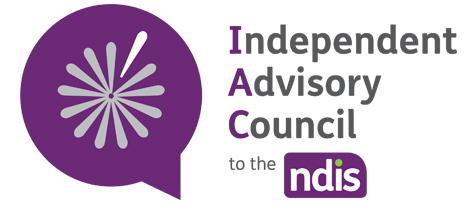Choice and control to safely live a good life of belonging and citizenship
This report gives advice to the NDIA Board. The report is about how the NDIA can assist participants, their families, and carers to develop strategies for their personal safety.
When we use the word citizenship we mean being respected as an equal and that can make a full contribution to the life of the community.
The IAC wrote this advice. When we say we, mean the IAC.
Our recommendations
We recommend that the NDIA:
Promotes belonging and citizenship as the way to feel and be safe.
Uses principles that support participants to live an ordinary life when safety planning.
Identifies a role in the NDIS which supports participants to review their lives and challenges and put in place personal strategies.
Ensures staff are trained and have resources for citizen focused planning, and participants have resources to support their risk planning, e.g., healthy relationships, moving out of home.
Follows the impact of work to build participant safety.
Increases funding to build the capacity of participants and their families for safety planning.
What we found in our research
There are no planned strategies to support and help people with disabilities to feel and be safe.
Lack of progress under the first National Disability Strategy means many people with disability feel ‘shut out’.
The NDIA currently has a policy on participant safety. It has introduced data sharing with the NDIS Quality and Safeguards Commission, and check ins with participants, but does not build participant capacity.
Factors like the type of a person’s disability, their circumstances and supports can increase or decrease the risk of harm.
Everyone should have support to make mistakes and learn from them.
Personal capital is important for a participant to feel safe. Personal capital describes who a person is, their strengths and self-worth.
Knowledge capital is important for a participant to feel safe. Knowledge capital is a person’s skills and ability to use these skills.
Material capital is important to feel safe. Material capital means a person’s income, job, public resources, and their community.
Social capital is important to feel safe. Social capital refers to a person’s relationship and community connections.
Planners need to understand a person’s capital and safety in the planning process.
The National Community Connector Program and the review of Support Coordination and Partners in the community could build participant capacity, but needs a targeted focus.
Governments need to work together to ensure smooth links between mainstream services and NDIS.
